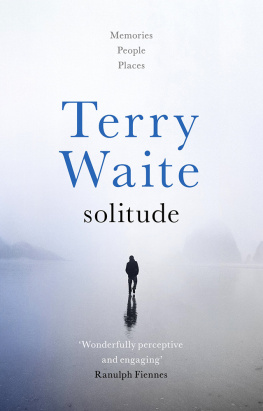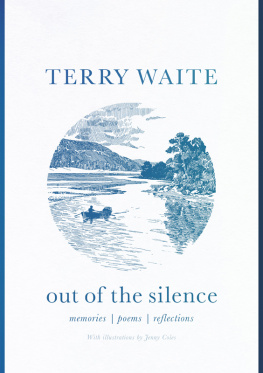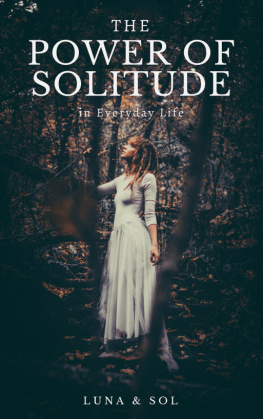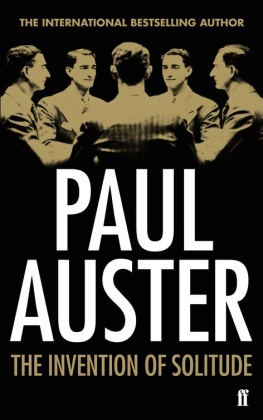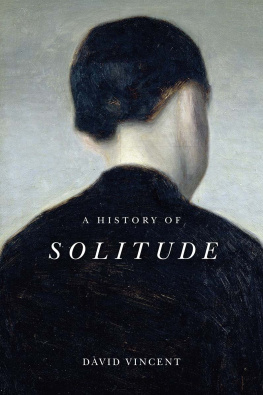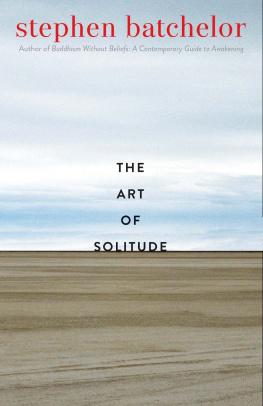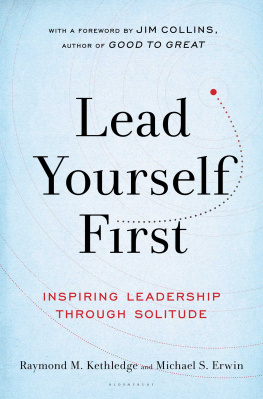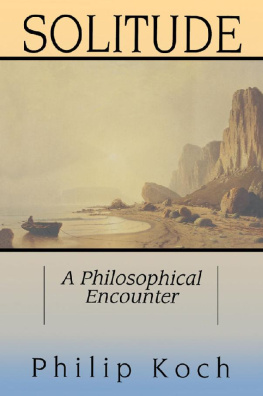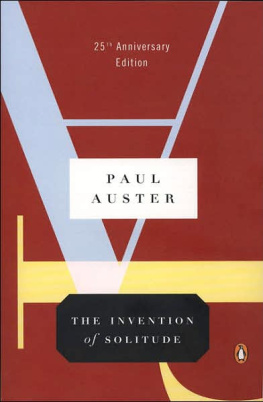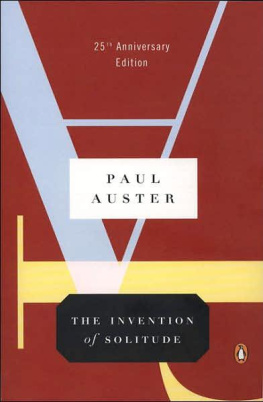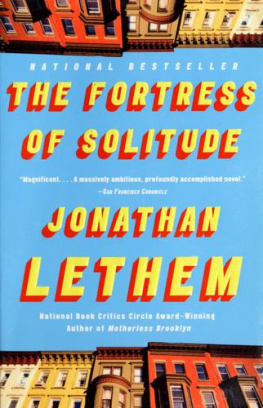
Terry Waite has had a varied career and is best known as a hostage negotiator. He was also taken hostage himself in Beirut where he was kept in strict solitary confinement for almost five years. He has written about this experience in Taken on Trust (Hodder, 1993). He is also the author of Footfalls in Memory (Hodder, 1995) and two humorous books, Travels with a Primate (Hodder, 2000; Silvertail Books, 2014) and a comic novel, The Voyage of the Golden Handshake (Silvertail Books, 2015). His most recent book, Out of the Silence: Memories, poems, reflections , was published by SPCK in 2016. A co-founder of Hostage UK and Y Care International, he is also president of Emmaus UK.
First published in Great Britain in 2017
Society for Promoting Christian Knowledge
36 Causton Street
London SW1P 4ST
www.spck.org.uk
Copyright Terry Waite 2017
All rights reserved. No part of this book may be reproduced or transmitted in any form or by any means, electronic or mechanical, including photocopying, recording, or by any information storage and retrieval system, without permission in writing from the publisher.
SPCK does not necessarily endorse the individual views contained in its publications.
The author and publisher have made every effort to ensure that the external website and email addresses included in this book are correct and up to date at the time of going to press. The author and publisher are not responsible for the content, quality or continuing accessibility of the sites.
British Library Cataloguing-in-Publication Data
A catalogue record for this book is available from the British Library
ISBN 9780281078813 (hardback)
ISBN 9780281078820 (paperback)
eBook ISBN 9780281078837
Typeset by Manila Typesetting Company
First printed in Great Britain by TJ International
Subsequently digitally printed in Great Britain
eBook by Manila Typesetting Company
Produced on paper from sustainable forests
Contents
First of all I must express my gratitude to the many people who agreed to talk with me when I was researching this book. Special thanks are due to Mark Lucas, who gave me all the contacts in Australia. Philip Law and all the team at SPCK were a delight to work with and were always helpful. Jenny Coles spent hours typing up my notes and putting them in presentable form. Thank you all.
Terry Waite
Supfolk 2017
A major part of the joy of serious travelling is in the preparation. The endless poring over maps and brochures, or researching on the internet, stimulates the desire to leave behind the day-to-day responsibilities and launch out into new experiences. I remember the excitement I felt as a child when my grandmother told me that she was going to take me on a day trip to the seaside. Having been brought up in post-war Britain, travel beyond the boundaries of the small Cheshire village where I lived was an exception. An exception that I welcomed with the same enthusiasm with which a prisoner might greet his impending release.
As soon as I gained a measure of independence, I began to travel beyond the shores of the British Isles. First to France, Germany and Austria in the days when it was safe and easy to hitch-hike across Europe. Later my work took me to Uganda, in East Africa, which eventually became my home for several years and also the birthplace of our youngest child. After Africa, the world opened to me. North and South America; the Middle and Far East; Australia and New Zealand. Sometimes I travelled in the company of others. More often than not I was alone.
Then, suddenly, my journeys came to an abrupt end. While seeking the release of hostages in Beirut I was taken captive and spent one thousand seven hundred and sixty-three days in captivity, almost four years of which were spent in solitary confinement. I have attempted to describe that experience elsewhere; suffice it to say here, it was during those years that I began to travel in my head. Using my imagination I crossed continents, sailed the oceans, and retreated into the inner recesses of my mind in order to try and understand myself more completely. On release, some five years later, I stayed put for a while in Trinity Hall, Cambridge writing my account of the experience. When the book was completed, I resumed so-called normal life once more. Having spent so much time in solitary confinement it was the solitary aspect of life that interested me. In my book Taken on Trust I tell the story of my captivity and survival. The first edition of that book concluded as I stepped off the RAF plane in Lyneham, Wiltshire, and gave a press statement to the hundreds of journalists present on that wet and windy day. In a later edition I added another chapter, which briefly brought that book up to date.
This book picks up the story and recounts some of the journeys I made to solitary places and also records some of the people who spoke with me. They are indeed a diverse group, ranging from the wife of a cattle rancher living in the middle of the Australian outback to a former double agent settled in a government apartment in Moscow. They all spoke with me about solitude and how they viewed and lived it, and I have attempted to faithfully reproduce what they said to me.
In the final chapter I have added some further reflections taken from my own experience and, throughout, have included personal insights. There is no interview with any individual who has chosen a solitary life for religious reasons, and the exclusion is partly because there are so many writings about this experience that I did not feel the need to include more here.
Some years ago I read Anthony Storrs book Solitude , which is almost certainly the classic work on the subject. In it he quotes De Quincey, who said: No man will ever unfold the capacities of his own intellect who does not at least checker his life with solitude.
Increasingly in todays frantic world we need space for ourselves. Recently a friend told me a poignant story which illustrated this point perfectly. He was leading a trek across a barren part of South Africa. For miles around, there was nothing but sand, sky and the wide open space. He noticed one man walking alone and, as he approached him, he saw that tears were streaming down his face. Anxiously he asked him if all was well.
Ive never experienced anything like this before, he replied. My life is just full of the pressures of work and family. For as long as I can remember I have never experienced such beauty and peace in solitude.
Perhaps this small volume may encourage someone to move fully into that space and explore more completely the richness of solitude.

I feel a slight bump and open my eyes. We are passing through a patch of turbulence. The seat-belt sign illuminates and, automatically, I check that mine is secure. A steward passes through the cabin, sees I am awake, and asks if I need anything. I ask for a glass of sparkling water. Within a moment it is delivered complete with ice and lemon. Would you like a blanket, Mr Waite?
I thank him and refuse his offer. He disappears through the curtain as my neighbour turns fitfully in his semi-conscious sleep. I sip my drink and leaf through the airline magazine. Maps fascinate me. I remember the time when my guard brought me an encyclopaedia the letter M. I turned to the map of Maine and spent hours wandering, in my imagination, along the rugged and broken coastline. Now I examine the global map and in particular the map of Australia. According to Qantas, all roads lead eventually to Sydney. On the world map I look for Lebanon, my involuntary home for almost five years. There it is! A chunk of coastal land carved from the flank of Syria. It was there on the shores of the Mediterranean that I began to see the many faces of solitude.

